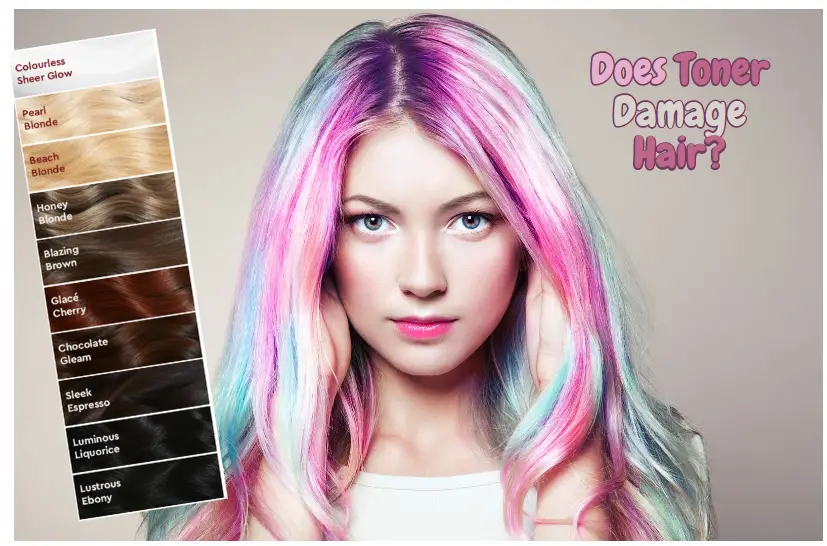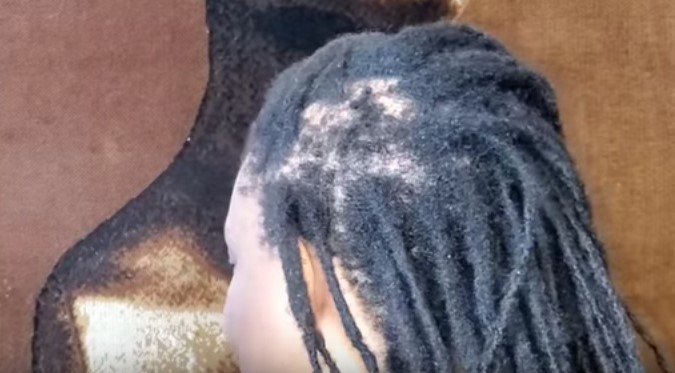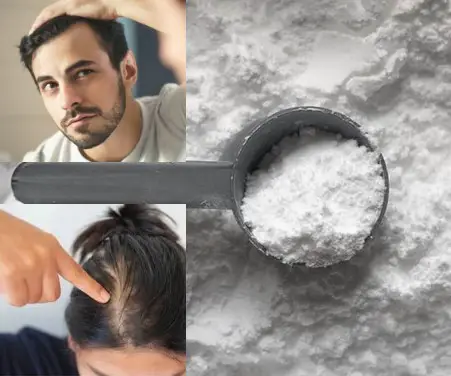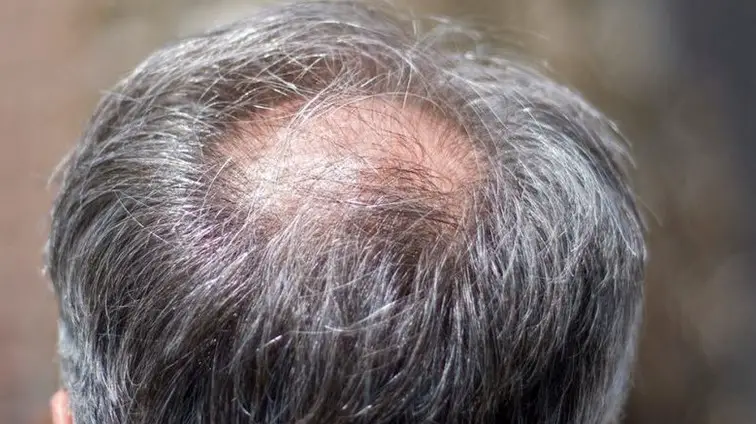Discover the truth about hair toning: Does toner damage hair or is it a beauty secret? Learn how to use toner safely and effectively.
The beauty industry is rife with products that promise to transform your hair, but one product that often raises eyebrows is hair toner. The question on everyone’s mind is: Does toner damage hair? It’s a query that has both intrigued and puzzled people, especially those who are keen on maintaining their colored hair without causing damage to their hair.
Understanding the effects of toner on hair is crucial for anyone who regularly dyes their hair or is considering a color change. Toner can be a double-edged sword; it can either enhance the natural hair color and hair structure or lead to hair damage and brittle hair if not used correctly.
If you’re concerned about the risk of damage when using toner, you’re not alone. Many people share your worries, but the good news is that there are ways to mitigate these risks. For more insights, check out our articles on Hair Breakage at Crown and Does Hair Shedding Mean Hair Loss?. These resources can provide you with valuable information on how to maintain healthy hair while using products like toner.
Ready to dive deeper into the world of hair toning? Don’t miss our comprehensive guide on how to safely apply toner to your hair without causing damage. Learn the do’s and don’ts of hair toning and become an expert in your hair care routine.
By the end of this article, you’ll have a well-rounded understanding of whether toner is bad for your hair or a hidden gem in hair care. So, let’s unravel the facts and myths surrounding this controversial product.
What is Hair Toner?
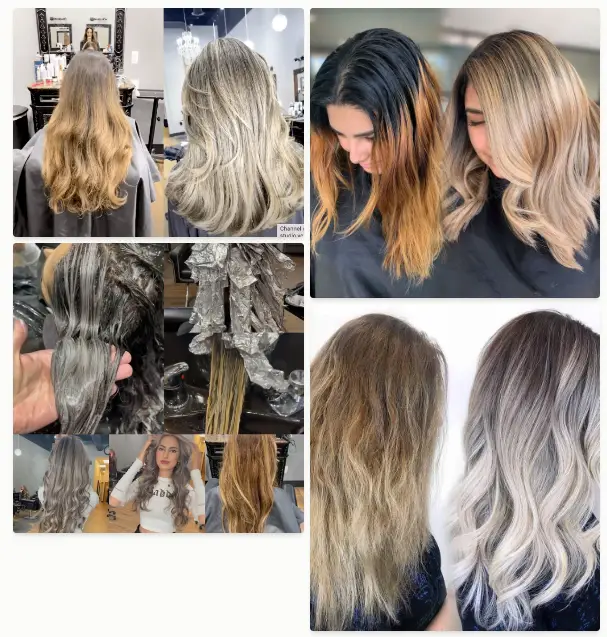
In the realm of hair care and beauty, hair toner stands as a pivotal product that can either make or break your hair’s appearance. Often used after bleaching or dyeing your hair, toners work to neutralize unwanted tones and enhance the color of your hair. But what exactly is this enigmatic product, and how does it interact with your hair?
The Science Behind Hair Toning
The science of hair toning is rooted in its interaction with the hair cuticle and hair shaft. When applied, the toner penetrates these layers to alter the internal structure of your hair. It adjusts the pH levels and deposits color molecules, thereby affecting the overall tone of your hair. This process can either enhance your natural hair color or, if misused, lead to damage when using a toner.
Types of Hair Toners
Toners come in various forms, each designed to meet specific hair needs. The three main types are:
- Temporary Toners: These are the least invasive and wash out after a few shampoos.
- Semi-Permanent Toners: Last longer than temporary ones, but will eventually fade away.
- Permanent Toners: These are long-lasting and require a touch-up as your hair grows.
Understanding the type of toner you use is crucial for maintaining the condition of your hair and avoiding hair damage.
If you’re still puzzled about which toner is right for you, we’ve got you covered. Dive deeper into the science of hair toning by exploring our article on Scalp Exfoliation Brush, which can help you prepare your scalp for toning.
Ready to make an informed choice? Click here to explore Amazon range of toners and other hair care products specifically designed for your hair type.
The Debate: Does Toner Damage Hair?
The question of whether toner damages hair is a hot topic that has sparked numerous debates in the beauty and hair care industry. While some swear by its ability to enhance hair color and structure, others caution against the potential risks of damage to your hair. This section aims to present a balanced view, exploring both the benefits and drawbacks of using toner on your hair.
The Good, The Bad, and The Ugly
The Good
Toner can work wonders in enhancing your hair color and structure. It can neutralize brassy tones, leaving your blonde hair looking vibrant and fresh. Moreover, it can improve the hair shaft and cuticle, making your hair appear healthier.
The Bad and The Ugly
However, the misuse of toner can lead to various issues, including hair damage and brittle hair. Overuse or incorrect application can alter the internal structure of your hair, leading to long-term damage.
Expert Opinions
Hair care professionals have mixed opinions when it comes to the question, does toner damage your hair? Some experts argue that when used correctly, toner is a safe and effective way to enhance your hair color and structure. Others, however, caution that toner can be harsh on the hair cuticle and may lead to damage when using a toner.
If you’re still on the fence about using toner, why not delve deeper into the subject? Check out our in-depth articles on Hair Breakage at Crown and Best DHT Blocker Vitamins to understand how to protect your hair while using toner.
Ready to make an informed decision about using toner? Click here to explore our range of hair care products that can help you maintain healthy hair while using toner.
How to Use Hair Toner Safely
Navigating the world of hair care products can be daunting, especially when it comes to using hair toner. While toner offers the promise of enhanced hair color and structure, the looming question remains: How can one apply toner without causing hair damage? This section aims to guide you through the safe and effective use of hair toner.
Step-by-Step Guide
Applying toner to either damp or dry hair requires a meticulous approach to avoid hair damage. Here’s a step-by-step guide to ensure you’re doing it right:
- Preparation: Start by washing your hair with a mild shampoo. Make sure to rinse thoroughly.
- Conditioning: Apply a conditioner specifically designed for your hair type. Rinse after a few minutes.
- Application: Use gloves and apply the toner evenly across your hair, avoiding the scalp.
- Timing: Leave the toner in for the time specified on the product label.
- Rinse: Wash off the toner thoroughly with cold water.
By following these steps, you can apply toner to damp or dry hair without the risk of damaging it.
Precautions and Tips
While toner can be a great addition to your hair care routine, it’s essential to take certain precautions to avoid damage and brittle hair:
- Patch Test: Always conduct a patch test to ensure you’re not allergic to the product.
- Follow Instructions: Adhere to the guidelines provided on the product packaging.
- Quality Matters: Opt for high-quality toners that are free from harmful chemicals.
Taking these precautions can significantly reduce the risk of hair damage when using toner.
If you’re looking for more in-depth information on maintaining hair health while using toner, don’t miss our articles on More Hair Naturally Reviews and Viviscal Exfoliating Scalp Scrub.
Ready to take the next step in your hair care journey? Click here to explore our range of More Hair Organic Shampoo products that can help you use toner safely and effectively.
FAQs About Hair Toning
Hair toning is a subject that often raises a lot of questions, especially for those new to the world of hair care and coloring. This FAQ section aims to address some of the most common queries about hair toning, providing you with the information you need to make informed decisions.
Can Toner Make Your Hair Fall Out?
The concern that toner can make your hair fall out is a common one. Generally, toner itself is not the culprit for hair loss. However, if applied incorrectly or used in conjunction with other harsh chemicals, it could contribute to hair breakage and, eventually, hair loss.
What Happens if You Leave Toner On Too Long?
Leaving toner on too long can result in over-toning, which may lead to your hair taking on a completely different color than intended. Additionally, it can cause damage to your hair, making it dry and brittle.
How Often Should You Use Toner?
The frequency of toner use largely depends on the type of toner and your hair care routine. Generally, toner can be reapplied every 4-6 weeks. However, overuse can lead to hair damage.
Is Toner Bad for Natural Hair Color?
Using toner on natural hair color is generally safe when done correctly. However, it can alter the natural pigment of your hair, so it’s essential to consult with a professional before application.
Have more questions about hair toning? Click here to explore Amazon range of hair care products and find the answers you’re looking for.
Conclusion and Takeaways
s we wrap up this comprehensive guide on hair toning, it’s essential to revisit the key points and questions that have been addressed. From understanding what hair toner is to exploring its effects on hair structure and color, we’ve delved into the nuances that make this product both beneficial and potentially harmful.
Summary of Key Points
- What is Hair Toner: A product used to enhance or neutralize hair color.
- Effects on Hair: Can improve hair structure, but may lead to damage if misused.
- Safe Usage: Following proper guidelines can mitigate risks.
- Expert Opinions: Mixed views from professionals on the safety of toner.
- FAQs: Addressed common concerns about toner’s effects on hair.
Final Thoughts
The overarching question, “Is toner bad for your hair?“, doesn’t have a straightforward answer. The impact of toner largely depends on how it’s used. When applied correctly, it can be a valuable addition to your hair care routine. However, misuse or overuse can lead to hair damage and other issues.
- AI Powered Bald Filter Online 2024: See Yourself with No Hair! - January 19, 2024
- Harklinikken Bad Reviews 2024: Analyzing Negative Feedbacks - January 18, 2024
- How to Get the Alex Eubank Hair | Step-By-Step Tutorial 2024 - January 18, 2024

